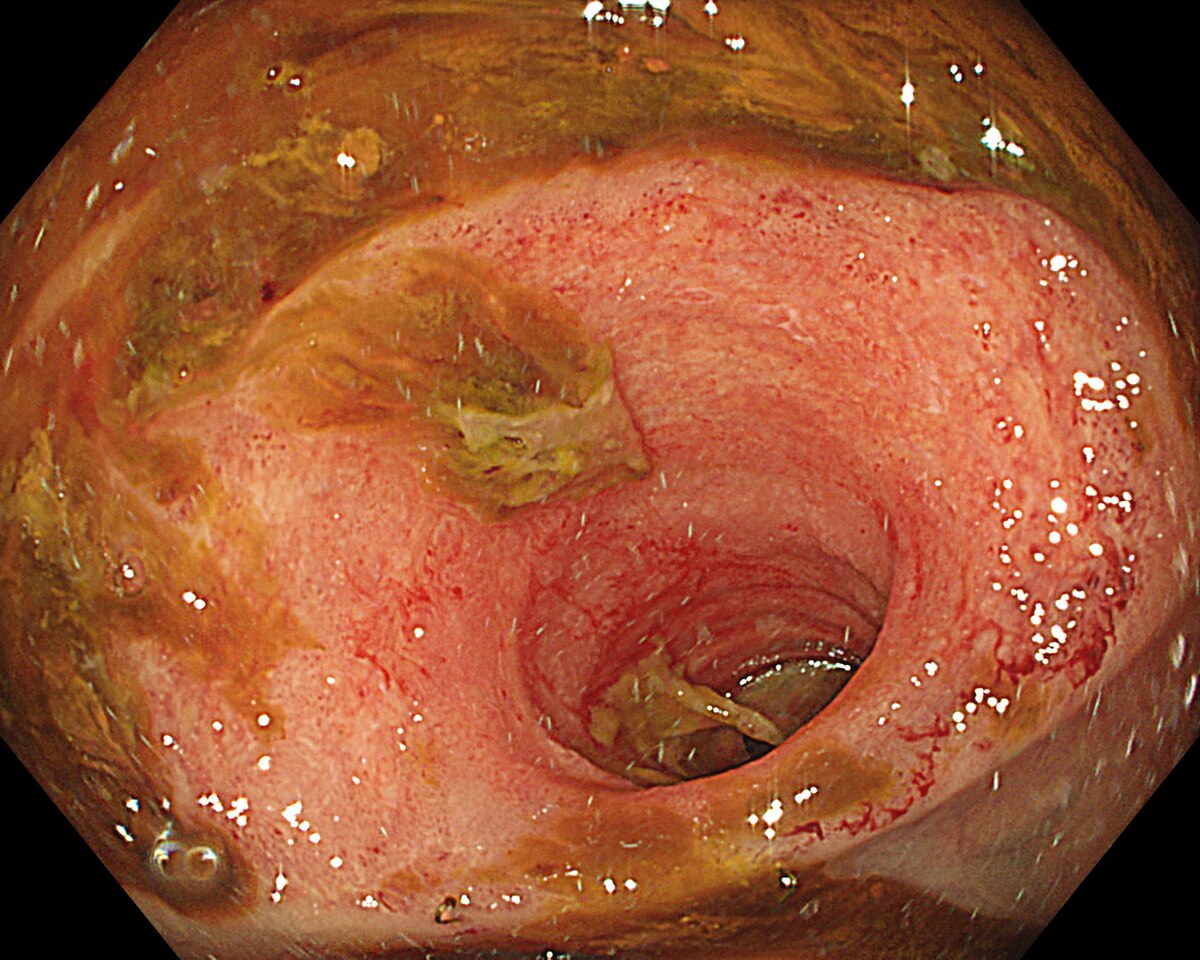
What is Ileitis? Ileitis is an inflammation of the ileum, the last part of the small intestine. This condition can cause abdominal pain, diarrhea, and weight loss. Ileitis can be caused by infections, Crohn's disease, or other inflammatory conditions. Understanding Ileitis is crucial for managing symptoms and improving quality of life. This article will provide 28 essential facts about Ileitis, covering its causes, symptoms, diagnosis, and treatment options. Whether you're a patient, caregiver, or just curious, these facts will help you grasp the essentials of this condition. Let's dive into the world of Ileitis and uncover what you need to know.
What is Ileitis?
Ileitis refers to inflammation of the ileum, the last part of the small intestine. This condition can cause various symptoms and complications. Here are some interesting facts about ileitis.
-
Ileitis can be caused by Crohn's disease. Crohn's disease is a type of inflammatory bowel disease (IBD) that often affects the ileum, leading to ileitis.
-
Infections can trigger ileitis. Bacterial, viral, or parasitic infections can cause inflammation in the ileum.
-
Symptoms include abdominal pain. People with ileitis often experience pain in the lower right side of the abdomen.
-
Diarrhea is a common symptom. Frequent, watery stools are a hallmark of ileitis.
-
Weight loss may occur. Due to malabsorption of nutrients, individuals with ileitis might lose weight unintentionally.
Diagnosing Ileitis
Diagnosing ileitis involves several tests and procedures to pinpoint the cause and extent of the inflammation.
-
Endoscopy is often used. A small camera on a flexible tube is inserted through the mouth to view the ileum.
-
Biopsies can confirm diagnosis. Tissue samples taken during endoscopy can be examined for signs of inflammation.
-
Blood tests help identify inflammation. Elevated white blood cell counts and markers like C-reactive protein indicate inflammation.
-
Stool tests can detect infections. These tests check for bacteria, viruses, or parasites in the stool.
-
Imaging studies are useful. CT scans and MRIs provide detailed images of the intestines.
Treatment Options
Treating ileitis depends on the underlying cause and severity of the condition.
-
Medications can reduce inflammation. Anti-inflammatory drugs like corticosteroids are commonly prescribed.
-
Antibiotics treat infections. If an infection is causing ileitis, antibiotics can help clear it up.
-
Immunosuppressants may be used. These drugs reduce immune system activity to decrease inflammation.
-
Dietary changes can help. A low-fiber diet may reduce symptoms during flare-ups.
-
Surgery might be necessary. In severe cases, removing the affected part of the ileum can provide relief.
Complications of Ileitis
Ileitis can lead to several complications if not properly managed.
-
Bowel obstruction is a risk. Inflammation can cause narrowing of the intestines, leading to blockages.
-
Fistulas may develop. Abnormal connections between the intestine and other organs can form.
-
Abscesses can occur. Pockets of pus may develop in the abdomen.
-
Malnutrition is a concern. Poor absorption of nutrients can lead to deficiencies.
-
Increased cancer risk. Chronic inflammation in the intestines can raise the risk of intestinal cancer.
Living with Ileitis
Managing ileitis involves lifestyle changes and ongoing medical care.
-
Regular check-ups are important. Frequent visits to a healthcare provider help monitor the condition.
-
Stress management is crucial. Stress can exacerbate symptoms, so relaxation techniques are beneficial.
-
Support groups offer help. Connecting with others who have ileitis can provide emotional support.
-
Exercise can improve health. Regular physical activity helps maintain overall well-being.
-
Medication adherence is key. Taking prescribed medications as directed is essential for managing symptoms.
Interesting Facts
Here are some additional intriguing facts about ileitis.
-
Ileitis can affect anyone. People of all ages and backgrounds can develop this condition.
-
Genetics play a role. A family history of IBD increases the risk of developing ileitis.
-
Environmental factors contribute. Diet, smoking, and stress can influence the development and severity of ileitis.
Final Thoughts on Ileitis
Ileitis, an inflammation of the ileum, can be a real pain, literally. Knowing the symptoms like abdominal pain, diarrhea, and weight loss helps in early detection. Causes range from Crohn's disease to infections and even medications. Treatment varies but often includes medications, diet changes, and sometimes surgery. It's crucial to consult a healthcare provider for a proper diagnosis and treatment plan. Living with ileitis can be challenging, but with the right care, many lead healthy lives. Stay informed, listen to your body, and don't hesitate to seek medical advice. Your health is worth it.
Was this page helpful?
Our commitment to delivering trustworthy and engaging content is at the heart of what we do. Each fact on our site is contributed by real users like you, bringing a wealth of diverse insights and information. To ensure the highest standards of accuracy and reliability, our dedicated editors meticulously review each submission. This process guarantees that the facts we share are not only fascinating but also credible. Trust in our commitment to quality and authenticity as you explore and learn with us.
